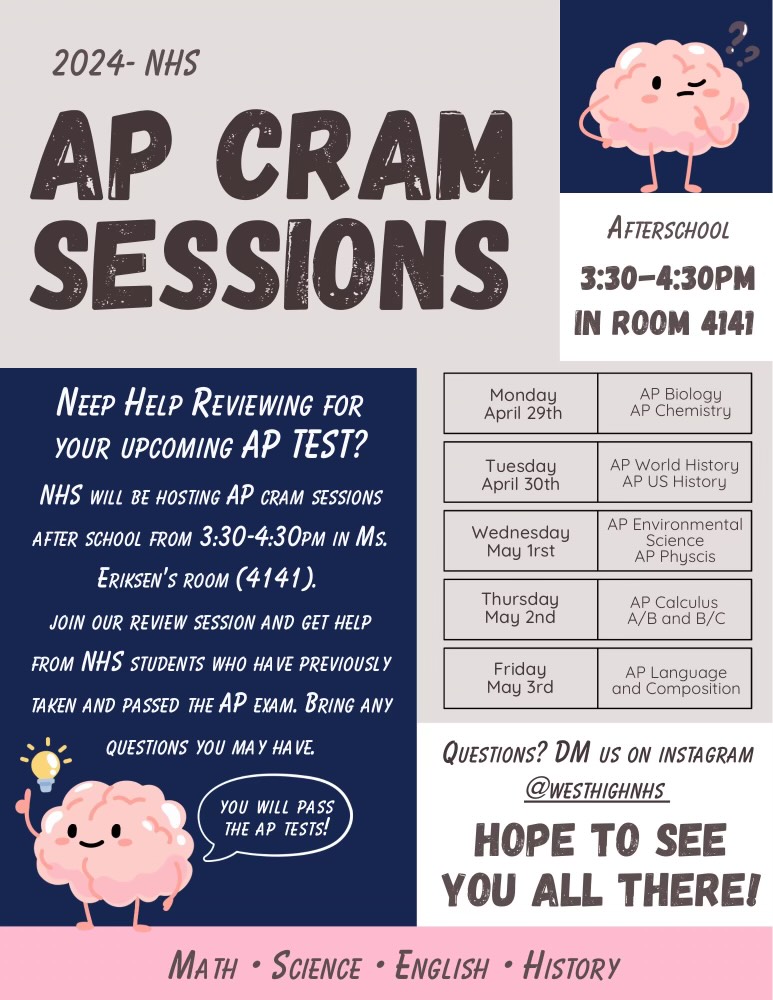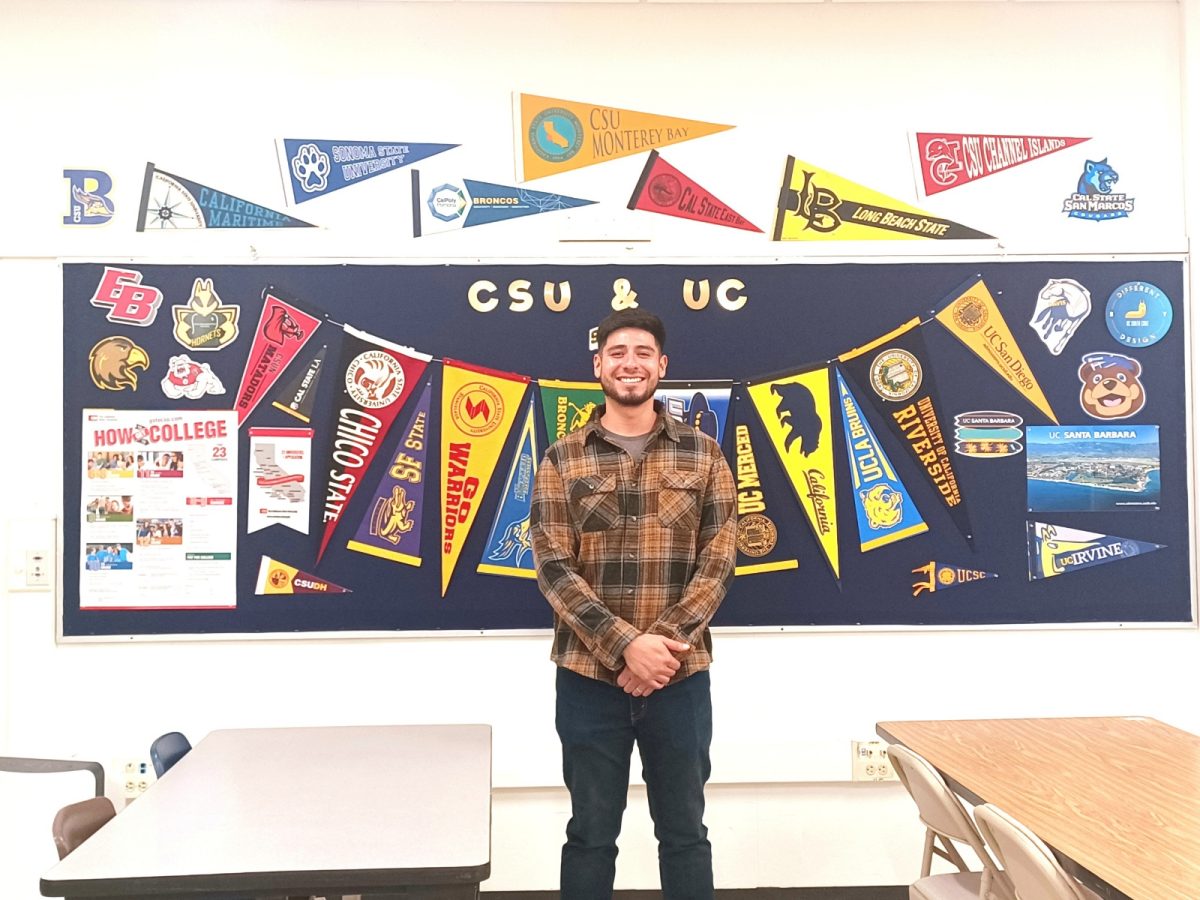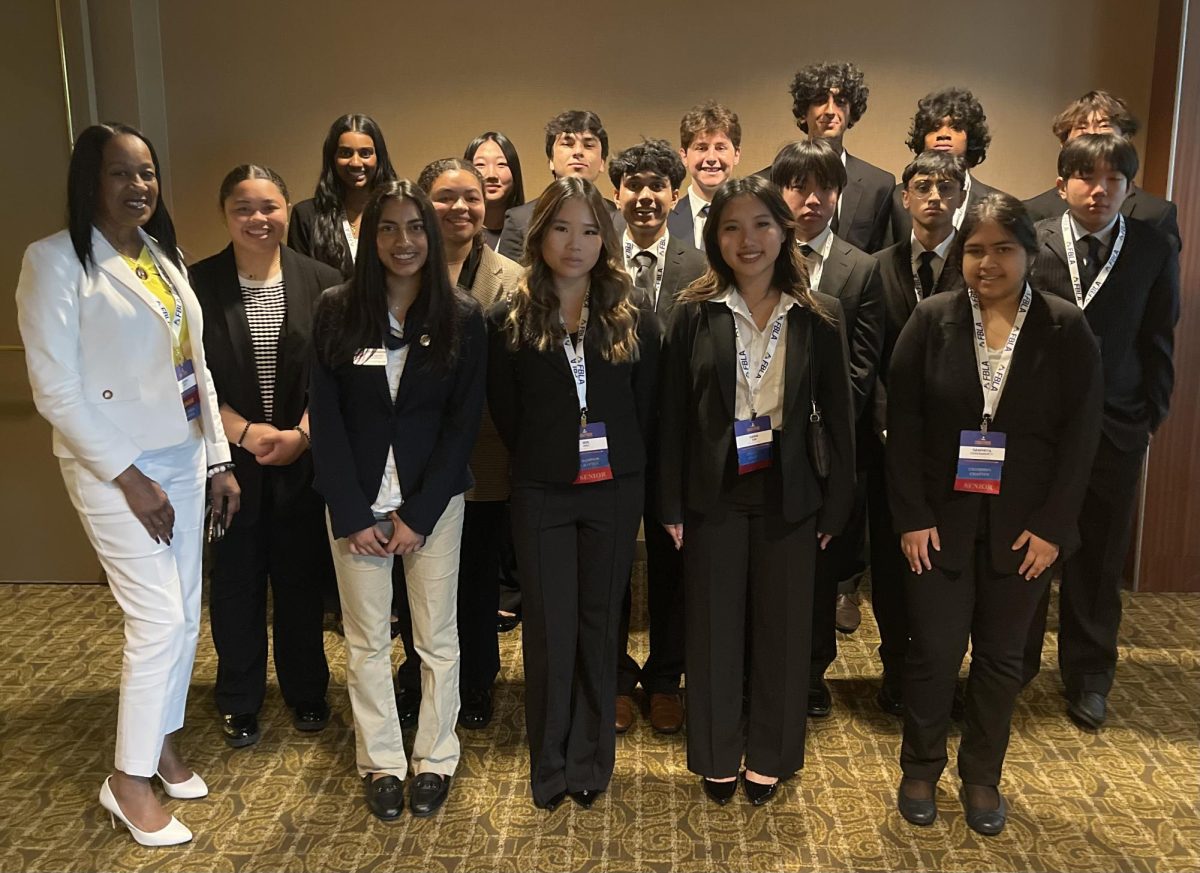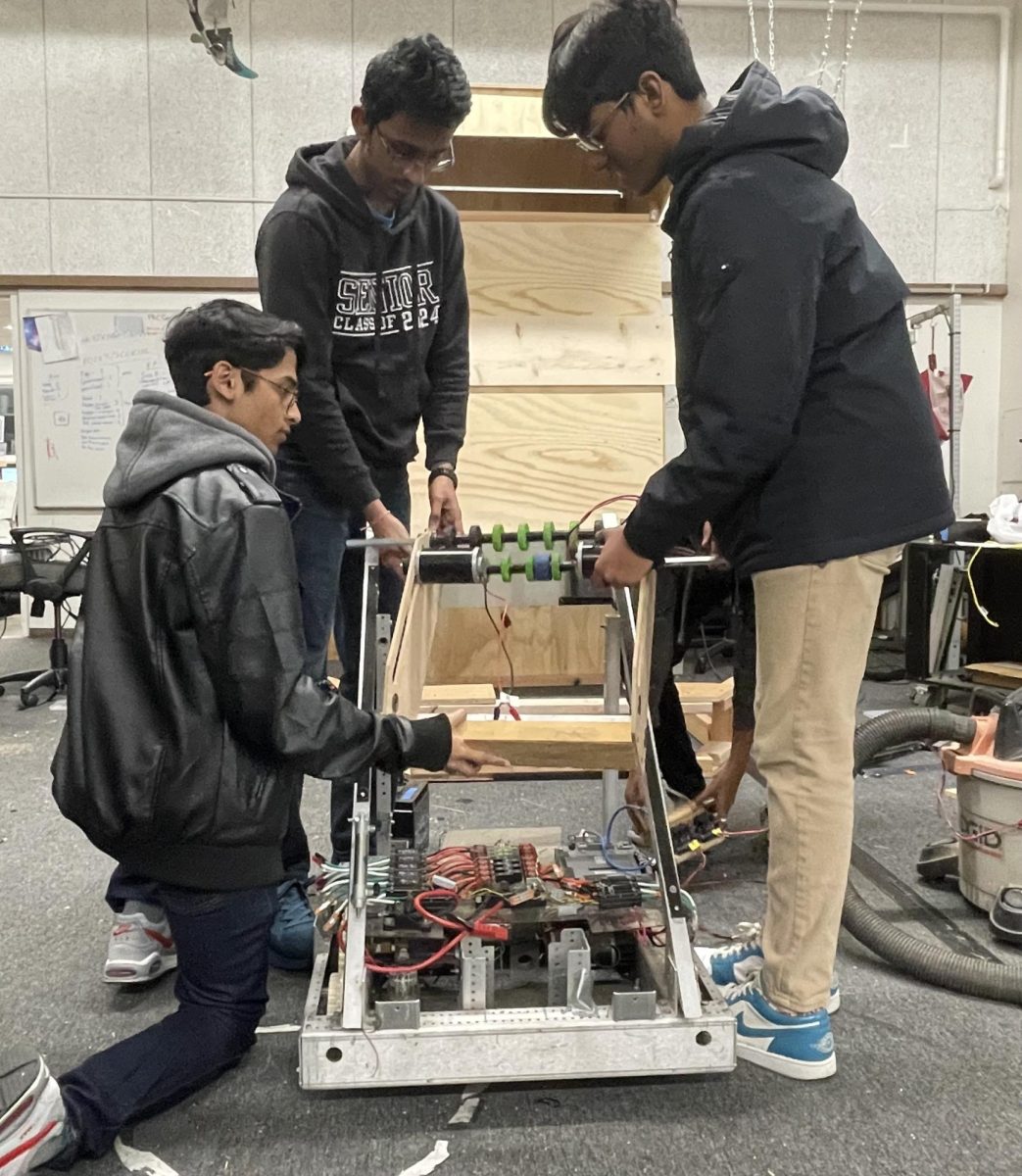Notes and colorful pens scatter across your desk as you finally have that burst of motivation to start studying… but hours later, you remember nothing. Sound familiar? Don’t worry – we’ve all been there. Turns out, effective studying includes a lot more than toxic study motivation, all-nighters, and pretty notes. It’s about using strategies to manage your time and help you balance various areas of life.
Students often ask their teachers, “What should I do to study for the test?” As expected, teachers will respond, “Go back to the practice problems from the notes.” This advice from teachers almost always underwhelms us. Then we wonder why others “effortlessly” earn straight A’s. This begs the question: What differentiates struggling students who study for hours on end from students who study for half the time and earn full marks?
To help answer this question, Mr. Newcomb, the Algebra 1 and AP Calculus AB teacher, and a former Aerospace Engineer, analyzed the difference between two categories of students: struggling students and thriving students. According to Mr. Newcomb, the two distinct students have varying mentalities about spending class time. While a struggling student thinks, “I’ll just do it on my own time,” a top student “realizes they need help, they go ask for help and don’t waste the time they have in class.” Students who don’t pay attention during class often miss out on valuable learning time, whereas diligent students in class spend their time wisely to minimize work at home. Mr. Newcomb further highlighted the importance of putting in extra hours outside of class: “Going to warrior workshops is extremely important because you get to hear what the teacher does. They are the ones making the test.”
While possessing the right mindset during class is important, Mr. Newcomb reiterated that taking care of one’s health matters just as much. Students who get only 4-5 hours of sleep fail to realize that the “brain just doesn’t have the time to replenish itself the night before.”
In addition to spending time wisely during class and taking care of one’s health, Mr. Newcomb shared his most-used study strategies during his high school and university experience — cheat sheets and teaching others. “Dumping all the information you know in your brain onto a piece of paper is very helpful,” he recommended. “What you can’t remember off the top of your head is what you should study that night before the test.”
He then emphasized the effectiveness of teaching others: “Research has proven that one of the best ways to learn something is actually to teach somebody else, because if you can actually teach someone, then you actually know it.” Teaching friends the material tests your ability to explain difficult concepts, thus proving to be a great way to evaluate your skills. However, a question still lingers in the back of our minds: How do you have the time to do all of that? According to Mr. Newcomb, it’s all about making sacrifices.
Forcing oneself to make tough choices when juggling rigorous classes is important. To keep a fine balance, he recommended that students ask themselves, “Am I going to prioritize doing sports, a job, social life, or doing a lot of work and studying for these AP classes?” If the answer is no, Mr. Newcomb advised students to reevaluate their schedules, including both academics and social life.
In essence, Mr. Newcomb advised students to value class time, attend workshops to clarify any lingering questions, and get enough sleep. He recommended creating summary sheets on the topic, teaching others the material to evaluate your own understanding, and prioritizing what’s most important to you. So, the next time you find yourself falling into the trap of endless studying, remember: spending your time wisely instead of studying for endless hours matters the most. With some guidance from teachers like Mr. Newcomb, you can learn how to make the most out of studying, inevitably leading you to success.















